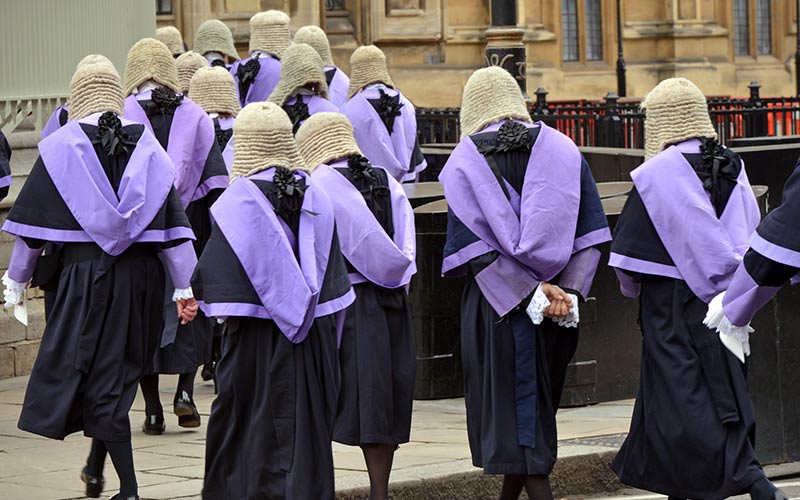Ethnicity and the Fairness of Jury Trials in England and Wales 2006-2014
by Professor Cheryl Thomas

20 October 2017
Publication details
Published in the Criminal Law Review, Issue 11 [2017]
Cheryl Thomas, Ethnicity and the Fairness of Jury Trials in England and Wales 2006-2014, [2017] Criminal Law Review, Issue 11, 860-876
Abstract
Government statistics show that members of Black, Asian and Minority Ethnic (BAME) groups are disproportionately stopped and searched, arrested, charged and in prison.
However, until the 2010 study Are Juries Fair?, there was no reliable evidence to say whether BAME defendants were also disproportionately convicted by juries in England and Wales.
The 2010 study provided the first large-scale quantitative analysis of all jury verdicts in the Crown Court over an 18-month period in 2006-2008, and found that, contrary to popular belief, BAME defendants were not more likely than White defendants to be convicted by juries in England and Wales.
This article provides a new and substantially expanded analysis of ethnicity and jury trials in England and Wales, covering all jury verdicts against all defendants in the Crown Court over an eight-year period from 2006-2014, comprising a dataset of over three million charges and almost 400,000 jury verdicts.
It finds that BAME defendants are disproportionately charged with offences tried in the Crown Court and BAME defendants plead not guilty to these charges consistently more often than White defendants. They are therefore over represented amongst defendants facing a jury verdict.
But despite this, BAME defendants are not disproportionately convicted by juries in England and Wales. For offences that make up over three-quarters of all jury verdicts, jury conviction rates were either similar for White and BAME defendants or White defendants were convicted substantially more often than BAME defendants.
This new analysis confirms one of the most important indications of the 2010 study: that one stage in the criminal justice process in England and Wales where members of BAME groups appear not to be treated disproportionately is when a jury reaches a verdict by deliberation.
 Close
Close

